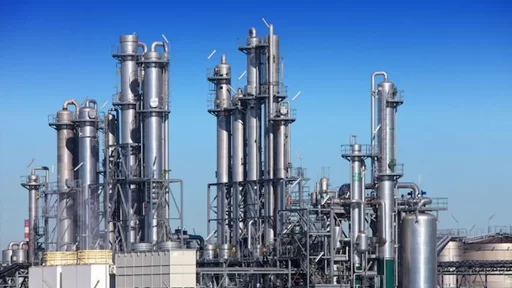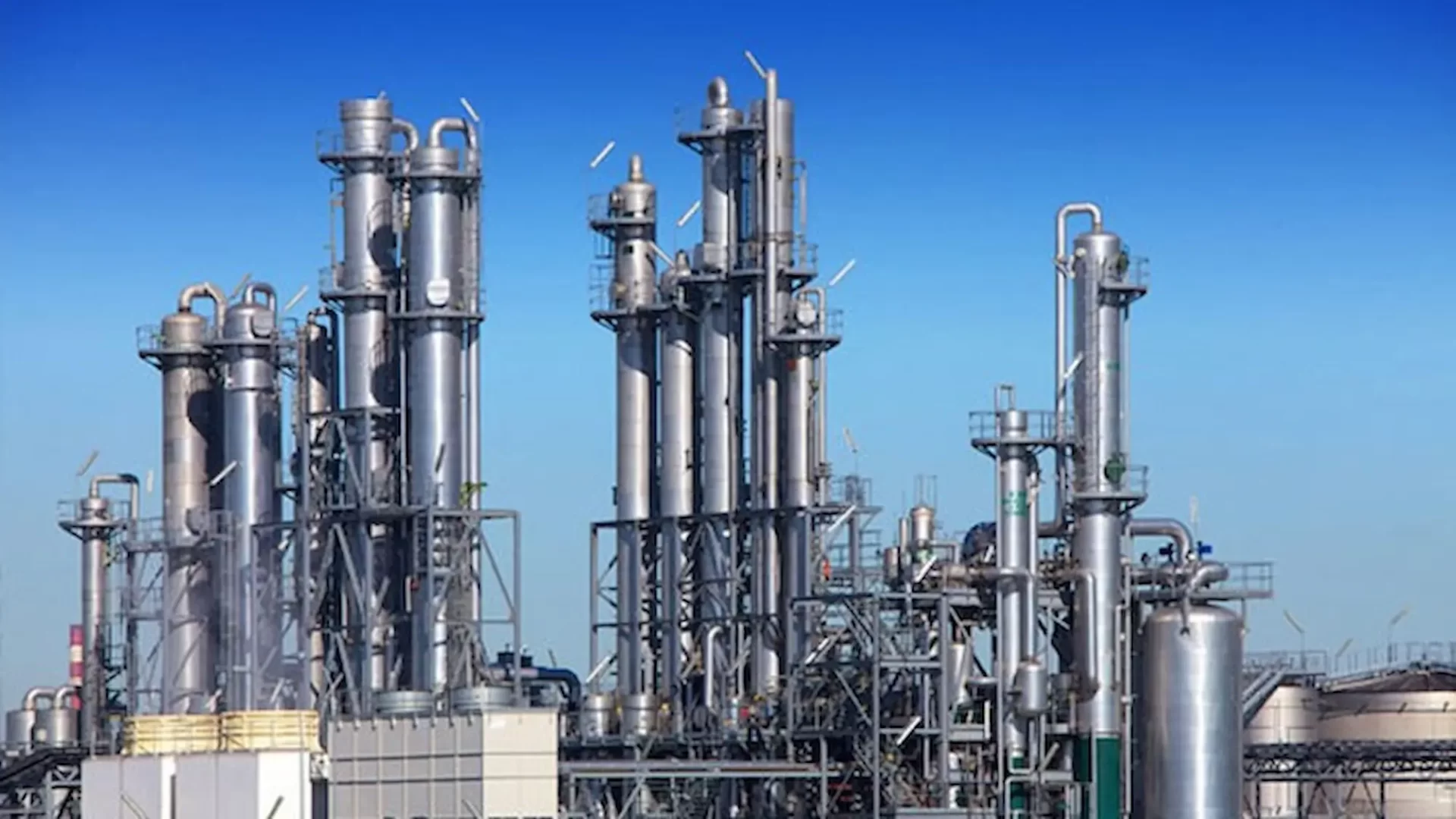Port Harcourt Refinery Restarts — But Trust and Questions Linger
Once heralded as a symbol of energy independence, Nigeria’s Port Harcourt refinery has again found itself at the centre of controversy. After briefly coming back online in late 2024, the refinery quickly went quiet exposing deeper concerns about transparency, competence, and political will in Nigeria’s oil sector.
The $1.5 billion rehabilitation project was meant to end decades of fuel import dependence. Instead, it has triggered fresh probes, public outrage, and a national reckoning over how billions in oil revenue have been spent.
Probes, Petitions, and Arrests
The Economic and Financial Crimes Commission (EFCC) has arrested former refinery executives amid allegations of misappropriating nearly $3 billion allocated for rehabilitation. The House of Representatives Committee on Petroleum has also launched a full-scale investigation following a surge of petitions from concerned citizens.
“Citizens are rightly asking: What happened? Was the public deceived? Was the project sabotaged?” said committee chairman Imo Ugochinyere at a recent media briefing.
The Numbers Tell a Troubling Story
The federal government committed over $1.5 billion to Port Harcourt, $740 million to Kaduna, and $657 million to Warri. These three refineries were expected to refine hundreds of thousands of barrels per day. Port Harcourt alone has a capacity of 210,000 barrels daily.
Yet despite the outlay, none of the facilities has reliably operated. NNPC now says 84% of the Area 5 plant and 77% of the Port Harcourt rehabilitation are complete, and claims the facility is “back in operation.” But public trust remains paper-thin.
Political Undercurrents and Legislative Action
Lawmakers are not just investigating fraud, they are also probing policy. Why do local modular refineries still struggle to access Nigerian crude? Why are they sometimes forced to buy crude from overseas intermediaries?
Legislators are now weighing amendments to the Petroleum Industry Act to strengthen oversight and support homegrown refining solutions.
At a recent town hall meeting in Abuja, NNPC GCEO Bayo Ojulari conceded that the decision to restart the plant before completion was “ill-informed and sub-commercial.”
Broken Promises and the Bigger Picture
For many Nigerians, the Port Harcourt refinery is more than just another project. It is a test case of whether Nigeria can finally escape the curse of failed turnarounds, lost billions, and perpetual fuel dependency, despite being Africa’s top oil producer.
“This refinery is now a national symbol not just of industry, but of accountability,” said oil sector analyst Ogechi Nwosu. “If we can’t get this right, what message does that send about our capacity to manage energy transitions, LNG exports, or even local job creation?”
For now, the refinery is reportedly operational. But with mounting investigations and lingering doubts, many are asking the same question: for how long?







